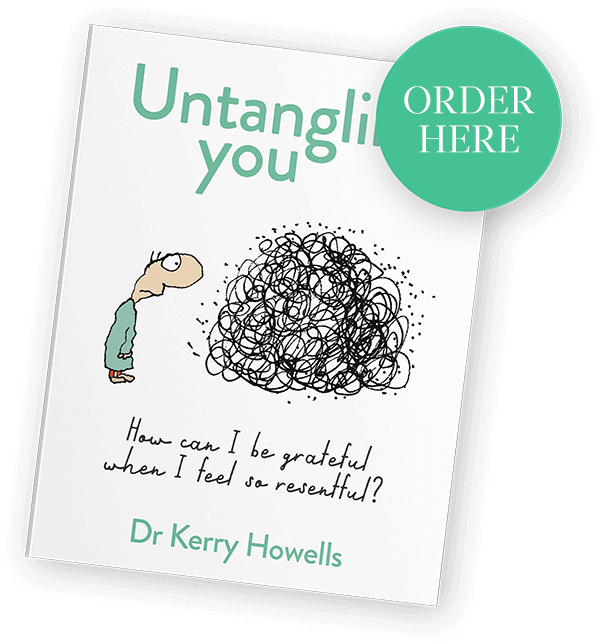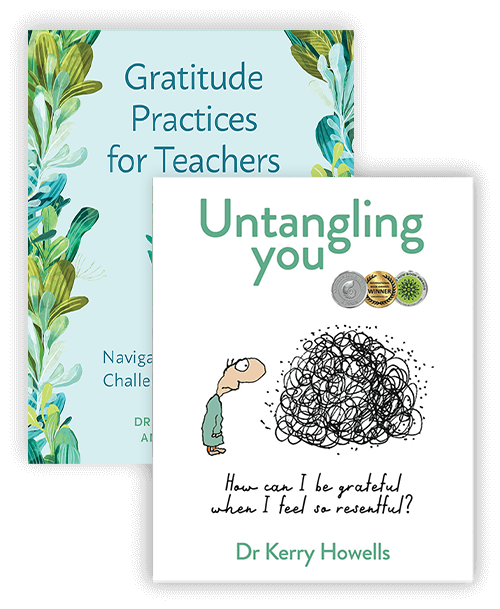In my last blog I identified six pillars of gratitude: relatedness, sincerity, empathy, self-regard, integrity and humility. Each of these is important to practise if we are to express deep gratitude.
Our attempts to consciously practise gratitude also illuminate where these pillars are strong and where they need our attention. The pillar of relatedness may be neglected because it can often be seen as a given in our gratitude journey. We express gratitude because we feel an inherent connection to another.
However, much of the way in which gratitude has been discussed – both in contemporary research and popular texts – turns a blind eye to this essential tenet. Gratitude is a way of making us feel good, of improving our health and wellbeing, of finding joy and fulfilment in our lives. No doubt these are important outcomes for us to consider, but they are a self-oriented way of thinking about gratitude. They distract us from the purpose of gratitude: to give back out of acknowledgment for what we receive from another. To move from self-focus to other-focus.
I again realised how essential the pillar of relatedness is through a conversation in a recent workshop I was facilitating on the role of gratitude. I had noticed that a participant was distracted and seemingly uninterested so I joined that group to see if I could ascertain his reasons for not being involved. He proclaimed that he is a ‘black and white person’ and when someone hurts him or where he feels they can’t see eye to eye, he just cuts the relationship. Gratitude towards them seems inappropriate.
I was left wondering. Although we naturally choose to spend our time with certain people, or befriend them, can we really choose to be in ‘relatedness’ with some people and not with others? Can we conveniently forget or discard our connection with a person once it’s made, or is there a sense in which it forms the tapestry of our being? If we take the latter stance, does this sense of interconnectedness awaken our gratitude?
Some may have a higher value for honouring interconnectedness than others. It may be a stronger part of their belief system. An example that stands in stark contrast to this workshop participant comes from a book club I have been part of with a group of Early Childhood Trainers who are reading my book, Gratitude in Education: A Radical View.
One of the group – whom I will call David – was in a previous Childcare centre, when he encountered a family who were struggling with a range of financial and social stresses. Their child had many developmental and behavioural issues, and staff identified that as a child they found him difficult to like. This was also bandied around in relation to the child’s parents, who seemed downhearted when they arrived at the centre where they would predictably hear complaints about the difficulties caused by their child’s behaviour that day. They seemed resigned to only hearing bad news.
One day David decided to take a different approach with this family. He looked for what he could be grateful for about this child. When the parents arrived, David made a special effort to go and thank them for what he noticed, for the wonderful attributes he could now see in this child since he consciously changed his perspective. He also decided that he was going to be the first one to approach the parents before others got to them with their complaints.
When David did this over time, he found there was a noticeable difference in the relationship, not only with the family and the centre but also with the way the family interacted with their son. For the first time, gratitude also flowed from these parents to the Early Childhood centre and the other teachers.
From this example, we can see how David must have had a sense of relatedness to be able to even notice the pain of another. It was this sense that motivated him to do something about strengthening the relationship. It was through his belief in relatedness to the other that David was able to empathise with these parents, to feel their pain.
Gratitude is a way of keeping us in relatedness rather than writing off the other person as irrelevant to our lives. It awakens us to our interdependence. Although he found the behaviour of the child difficult, once he focused on gratitude, he was able to gain a greater sense of connectedness to the child and his family. He turned his attention to what he had received from both the child and the parents, rather than towards what he had felt they were taking away from him.
Without the pillar of relatedness, deep gratitude seems to have little relevance when we are trying to express it to those who have caused us pain or who we feel are different to us. If this pillar is strong, we would neither settle for mediocrity in our relationships nor would we ever write them off. We would naturally strive towards enriching them, towards finding a way past obstacles that threaten to sever our sense of interconnectedness. Gratitude can then truly enrich our lives.
Kerry







